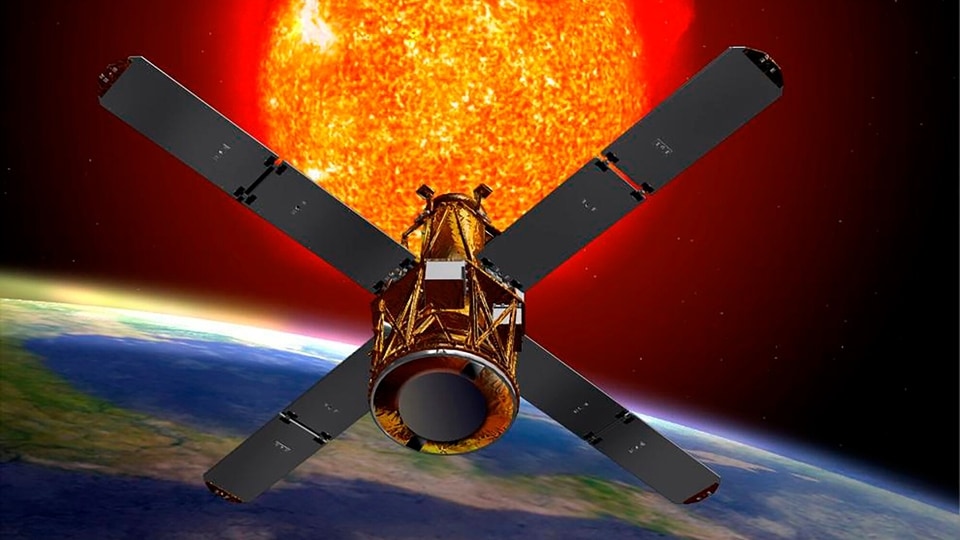
An old NASA satellite Rhessi is set to crash into the Earth this week, but scientists believe the chances of it causing any harm are slim. According to NASA and the Department of Defense, the defunct science satellite Rhessi will crash into the atmosphere Wednesday night.
The reentry site will not be released, according to NASA, because there is still ambiguity about when and where it will occur. The majority of the 660-pound (300-kilogram) satellite is projected to burn up upon return, but some components are expected to survive. According to the space agency, the danger of anyone on Earth being damaged by falling satellite debris is “low” – approximately one in every 2,467. Rhessi, which stands for Reuven Ramaty High Energy Solar Spectroscopic Imager, was sent into orbit in 2002 to investigate the sun.
The satellite observed solar flares and coronal mass ejections from the sun before being shut down in 2018 due to connectivity issues. It recorded almost 100,000 solar events and caught photos in high-energy X-rays and gamma rays.
NASA satellite to fall to Earth with low risk of danger
NASA has been monitoring the satellite’s descent since it was decommissioned in 1967, and they have been working closely with the Space Force to track its movements. They have noted that the satellite’s re-entry is not unusual, as around 100 metric tons of space debris fall to Earth each year.
While the risk of danger is low, NASA has still advised people not to touch any debris that may fall to Earth, as it may contain hazardous materials. They have also requested that anyone who comes across any debris report it to the authorities.
Despite the satellite’s long history, its re-entry is just another reminder of the growing issue of space debris. With more satellites being launched into orbit each year, the risk of collisions and subsequent debris is increasing. It is therefore important for space agencies to continue monitoring and managing space debris to ensure the safety of those on the ground. (www.speedclean.com)
